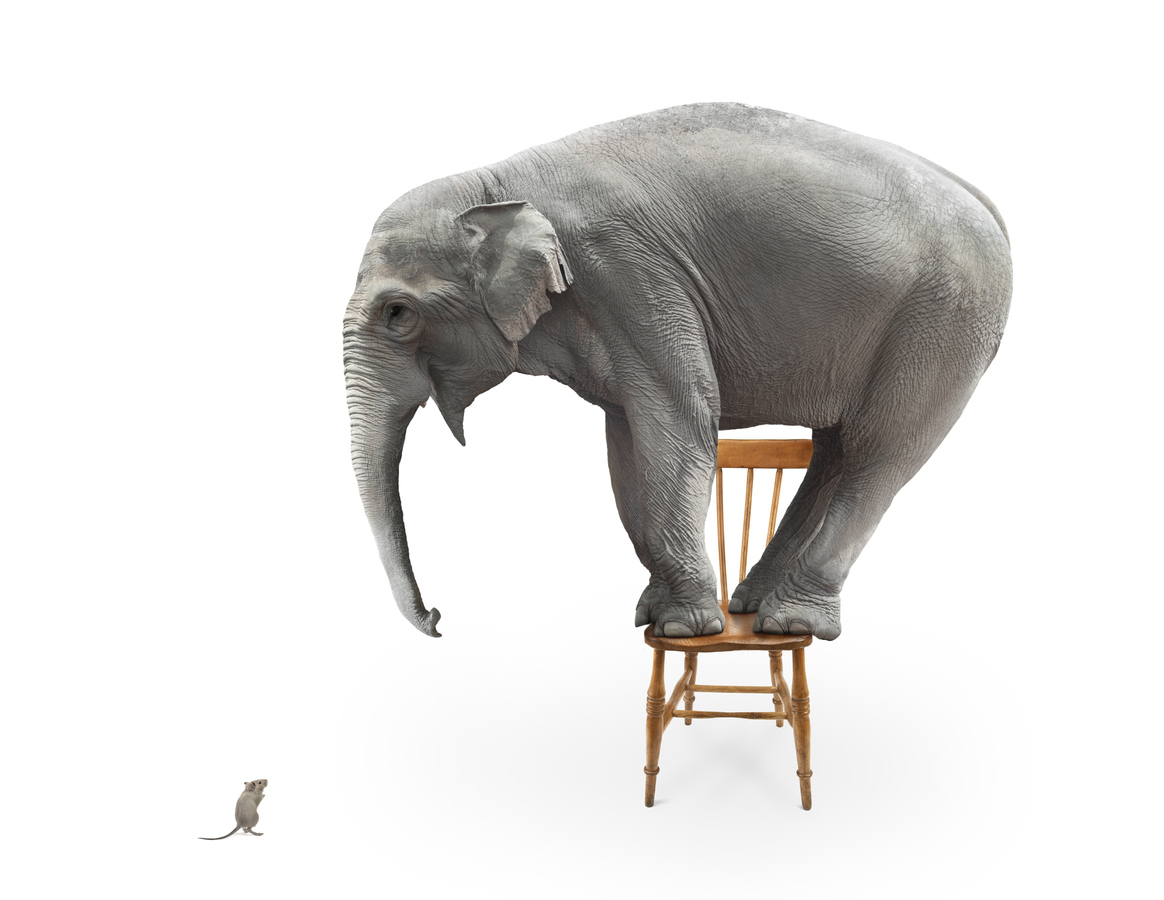There are many ways to get to the “yes,” but finding the right ones can take decades of practice. Now that we’re selling in the middle of a recession, it’s more common to encounter resistance or a hard “no.” How can you improve your art of persuasion with the limited time you have?

Fortunately, there are professionals who have already blazed the path for the rest of us, and Robert Cialdini is one of them. With over three decades of research and experience under his belt, he distilled his findings into Influence: The Psychology of Persuasion. This is a must read for anyone in sales and its principles are just as relevant in 2020 as it was when it was first published in 2006!
Over the past fifteen years the book has become a classic in the business world, providing dozens of examples of how to gain the upper hand in everyday interactions. Getting to the “yes” will be much easier if you take Cialdini’s advice. There is a reason this book has made so many lists, from Fortune’s “75 Smartest Business Books” to The New York Times bestsellers list.
Here is the summary on Amazon:
“The widely adopted, now classic book on influence and persuasion—a major national and international bestseller with more than four million copies sold!
“In this highly acclaimed New York Times bestseller, Dr. Robert B. Cialdini—the seminal expert in the field of influence and persuasion—explains the psychology of why people say yes and how to apply these principles ethically in business and everyday situations.
“You’ll learn the six universal principles of influence and how to use them to become a skilled persuader—and, just as importantly, how to defend yourself against dishonest influence attempts:
- Reciprocation: The internal pull to repay what another person has provided us.
- Commitment and Consistency: Once we make a choice or take a stand, we work to behave consistently with that commitment in order to justify our decisions.
- Social Proof: When we are unsure, we look to similar others to provide us with the correct actions to take. And the more people undertaking that action, the more we consider that action correct.
- Liking: The propensity to agree with people we like and, just as important, the propensity for others to agree with us, if we like them.
- Authority: We are more likely to say ‘yes’ to others who are authorities, who carry greater knowledge, experience or expertise.
- Scarcity: We want more of what is less available or dwindling in availability.
“Understanding and applying the six principles ethically is cost-free and deceptively easy. Backed by Dr. Cialdini’s 35 years of evidence-based, peer-reviewed scientific research—as well as by a three-year field study on what moves people to change behavior—Influence is a comprehensive guide to using these principles effectively to amplify your ability to change the behavior of others.”







